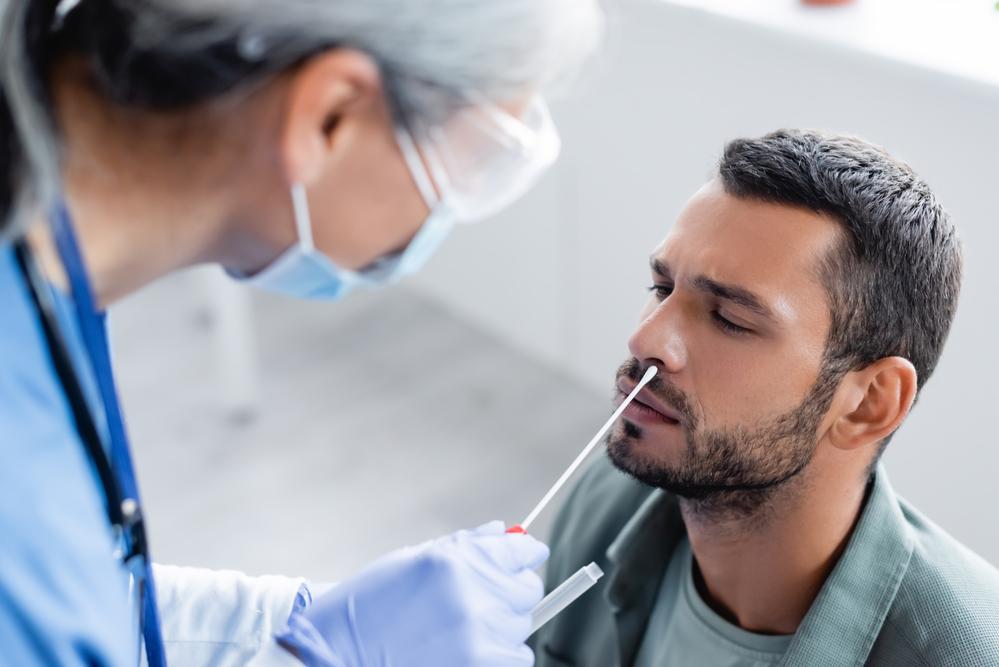Listen we hate seeing the ‘c-word’ crop up on the news radar as much as you hate seeing it on your feed — so let’s just get this over with. Coronavirus cases in the Netherlands have started to rise again.
For the first time since the beginning of March, the RIVM has noted an increase in the number of positive coronavirus tests in the Netherlands, RTL Nieuws reports.
How much of an increase? This week a total of 9,459 tested positive for coronavirus, a 33% increase compared to last week’s figure of just over 7,000.
Don’t panic just yet
Stop flashing back to your March 2020. ✋ For now, the RIVM says that it’s too early to call this increase a new wave.
While there are a number of potential reasons for this rise in cases, the recent holidays may have something to do with the increase.
Why? While there have been more positive tests this week, more people were also getting tested. GGDs carried out 13,000 tests this week, whereas last week this number stood at 10,000.
“It could also be that it has to do with Ascension, for example, or that more people have had themselves tested before a holiday,” the RIVM says.
Increase in variants
Another potential cause for this increase could be the rise of new variants, the RIVM also explains.
The Omikron variant is proving to be a particular pain at the moment, with the BA.4, BA.5 and BA2.12.1 variants all on the rise.
However, the RIVM is not too worried about these variants just yet, as they have no reason to assume they are more pathogenic than the current dominant variant — BA.2.
Rising in the Randstad
As part of the Dutch government’s new approach to tracking coronavirus, sewage water is regularly tested for traces of the virus.
And it seems that the rise of coronavirus is hitting the Randstad the hardest.
Recent tests of the sewage of major cities such as Amsterdam, Rotterdam and The Hague have revealed that, yep, the concentration of virus particles is high compared to the rest of the country.
READ MORE | Coronavirus in the Netherlands: all you need to know [UPDATED]
Of those who tested positive, it also became clear which age group is getting hit hardest at the moment: those between the ages of 13 and 29.
Again, let’s not panic just yet. Enjoy your summer — but maybe bring some hand sanitiser along on your adventures.
Want the latest Dutch news to come zooming through the internet to your inbox? Dat kan! Subscribe to DutchReview’s weekly roundup 📮



